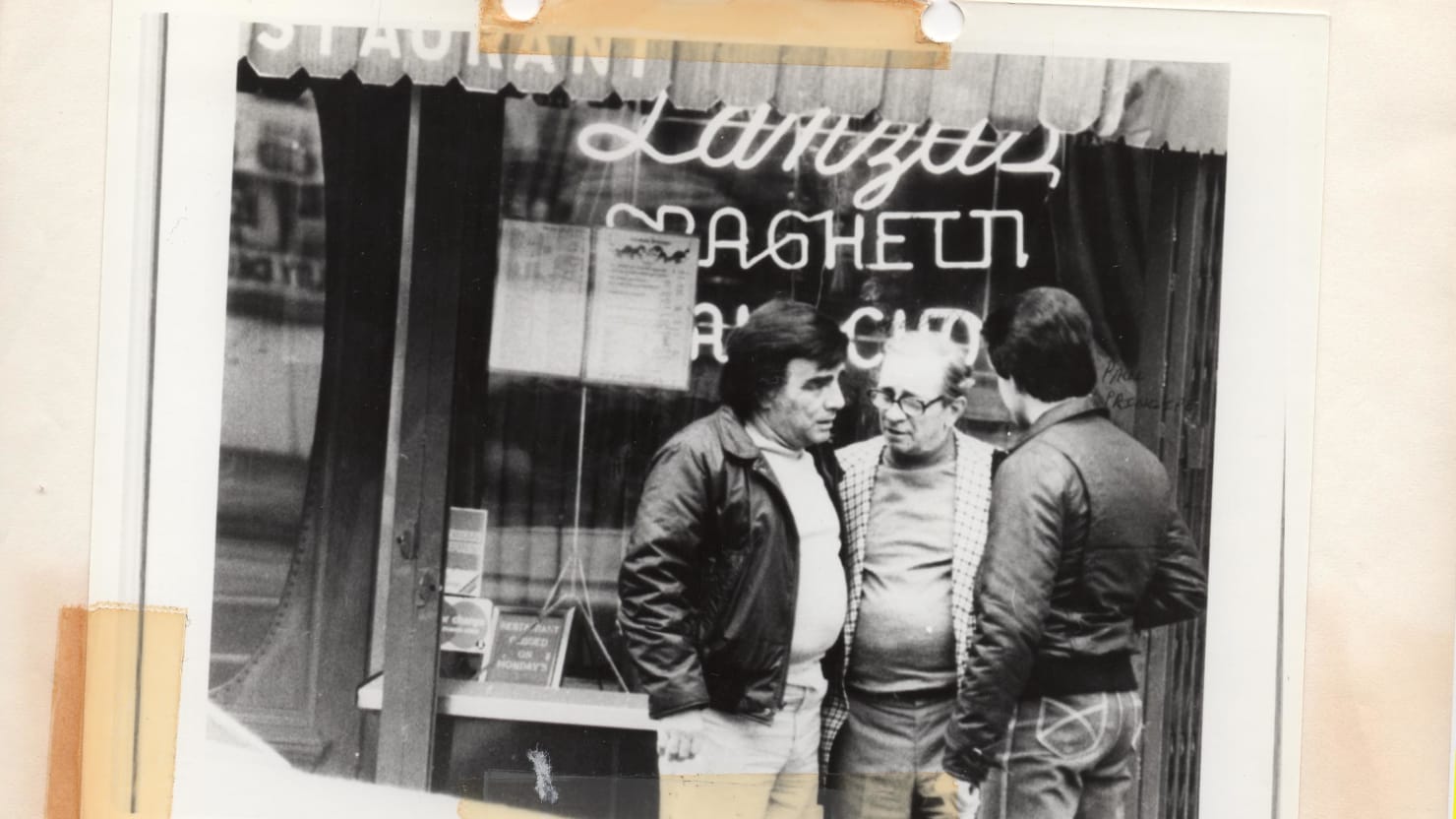In the Seventies and Eighties, the Mafia ruled New York City with apparent impunity. Murder, drugs, money laundering and racketeering were widespread. The police were chasing their tails trying to keep up. Five mafia families presided over the lawlessness; their bosses were well-known celebrities, covered widely in the press. But the police couldn’t find a way of prosecuting any of them: they were cunning and remote, ordering henchmen to do their bidding without ever getting their own hands dirty. Cops could arrest Mafia soldiers for individual crimes but bosses would always find willing replacements to step straight into the void. And so the criminality never stopped.
That was until a lawyer and professor called G Robert Blakey helped develop the Racketeer Influenced and Corrupt Organizations (RICO) laws, designed specifically to prosecute criminal overlords for the collective crimes of their accomplices. RICO had existed for almost a decade before FBI agent Jim Kossler woke up to how it could help bring down the New York Mafia. His fellow agents had long since given up hope of ever being able to penetrate the mob’s cast-iron conspiracy of silence. Blakey hosted a Mafia-busting residential seminar for federal agents and a light was switched on. With a renewed zeal and optimism, Kossler and his colleagues undertook an ambitious mission to arrest the heads of the five families and, effectively, bring down the mob.
Fear City is a three-episode documentary series on Netflix that tells the story with the sort of suspense you’d usually expect from scripted drama. The access and detail is remarkable. Yes, there are a couple of ex-mobsters giving their side of the story (strangely, they explain that the gangsters had a grudging respect for their FBI counterparts, acknowledging that “they had their jobs to do, just like we had ours”). These wise-guys live up to every trope that Martin Scorsese has familiarised us with over the years: from the accents to the clothes to the overblown shrugs. GoodFellas really wasn’t exaggerating.
What’s much less familiar is the cop story. These guys are portrayed in the movies as, at best, two-dimensional irritants on the sidelines of the glamorous lives of the mobsters. Often, we are lulled into regarding them as the bad guys, trying to ruin all the freewheeling fun of the sharp-suited, spaghetti-eating heroes. It’s easy to do. Gangsters represent freedom from society’s fusty shackles; police are the
white-bread, buttoned-down prefects of tedium. In fact, if you don’t root for the gangsters when you’re watching a Mafia movie then, no offence, but you’re probably a bloodless dullard.
But I have to say, it’s hard not to respect the dogged and determined FBI agents in Fear City. Backed by steely-nerved prosecuting attorney Rudy Giuliani, they use an array of fascinating and outlandish surveillance methods akin to the best spy movies to snare the five family bosses who were previously thought untouchable.









